NAVIGATING CHALLENGES IN PHILIPPINES TRADE DATA

Accurate and reliable trade data is
crucial for tracking economic performance and formulating effective trade
policies. The Philippines, like any other country, faces various challenges in
obtaining comprehensive and timely trade data. This piece of article explores
the key challenges faced by the Philippines in collecting and analyzing trade
data, along with potential solutions to enhance data accuracy and usability.
LIMITED DATA COVERAGE
One of the significant challenges in Philippine
trade data is the limited coverage of informal and small-scale
transactions. Informal cross-border trade, which includes activities such as
smuggling or unregistered transactions, can lead to underreporting or a
complete lack of data which may leads to misleading facts and figures creating
problems in calculating actual trade. The informal sector's contribution to the
country's economy makes it essential to develop strategies and methods to
capture this valuable trade information.
DATA TIMELINESS AND ACCESSIBILITY
Timely data availability is crucial
for policymakers, businesses, and researchers in making informed decisions.
However, delays in data collection, processing, and dissemination can hinder
the effective utilization of trade data. Efforts should be made to enhance data
collection mechanisms, invest in advanced technology, and streamline processes
to ensure data is both up-to-date and easily accessible to stakeholders.
HARMONIZATION OF CLASSIFICATION
SYSTEMS
The accurate categorization and
classification of trade goods is essential for meaningful analysis and
comparison. Harmonizing the classification systems with international standards
can be challenging, as it requires updating national codes and aligning them
with global standards such as the Harmonized System (HS). This process enhances
interoperability, allowing for accurate and consistent reporting across
countries, facilitating trade data analysis and benchmarking efforts.
DATA ACCURACY AND RELIABILITY
Ensuring the accuracy and reliability
of trade data is another significant challenge encountered by the Philippines.
Discrepancies may arise due to errors in data collection, misreporting, or data
manipulation. Implementing robust quality control mechanisms, enhancing
transparency, and providing training for data collectors can help mitigate
these issues. Collaboration with international organizations and bodies can
also aid in benchmarking and validating trade data to ensure credibility.
TRADE IN SERVICES DATA
In today's globalized economy, trade
in services is gaining increasing importance. However, the measurement and
collection of trade in services data are relatively challenging compared to
trade in goods. The Philippines, like many other nations, faces difficulties in
capturing accurate data on services such as tourism, transportation, and
business services. Efforts must be made to improve data collection
methodologies, enhance collaboration between various agencies, and develop
comprehensive frameworks to track and analyze the trade in services sector
effectively.
CONCLUSION
Accurate and reliable trade data is
crucial for effective policy decisions and understanding the country's economic
landscape. The Philippines faces several challenges in obtaining comprehensive
and timely trade data which has created problems in calculating the true Philippines
Import Data insights and other crucial reports. By addressing issues
related to data coverage, timeliness, classification systems, accuracy, and
trade in services, the nation can strengthen its trade data infrastructure and
harness its full potential for economic growth.
To learn more about the hinderances
and trade barriers faced by the Philippines while calculating trade figures,
contact TradeImeX today and gain deep knowledge in this field of study.
TradeImeX is one of the best trade data providers online which guarantees 100%
accuracy and reliability.

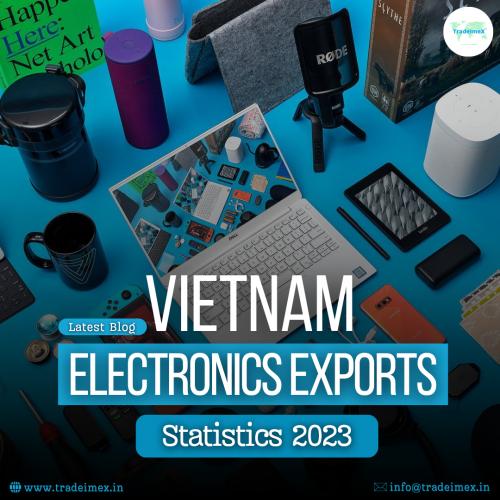

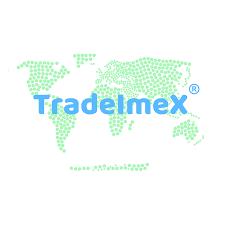
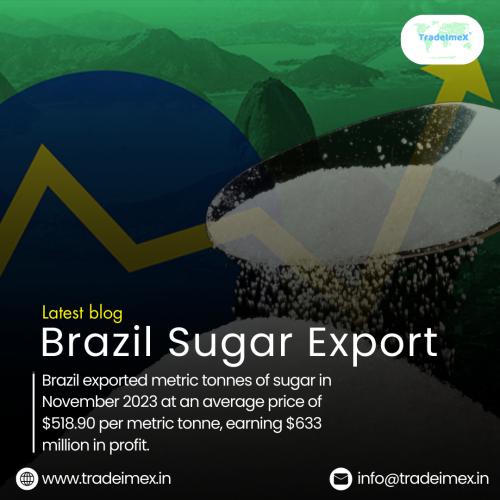
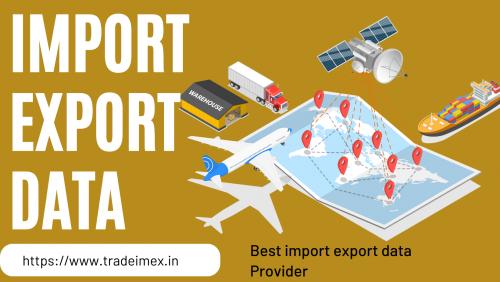

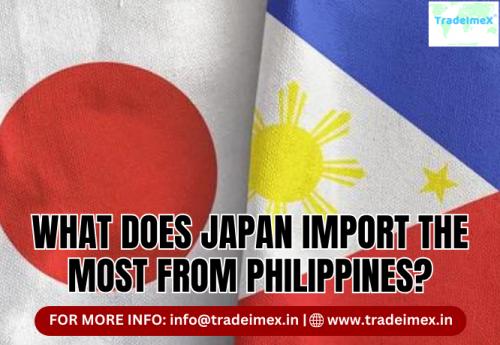

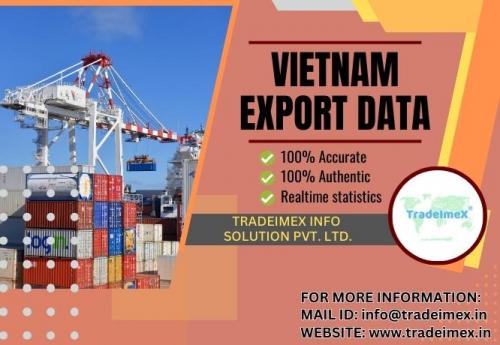
Comments